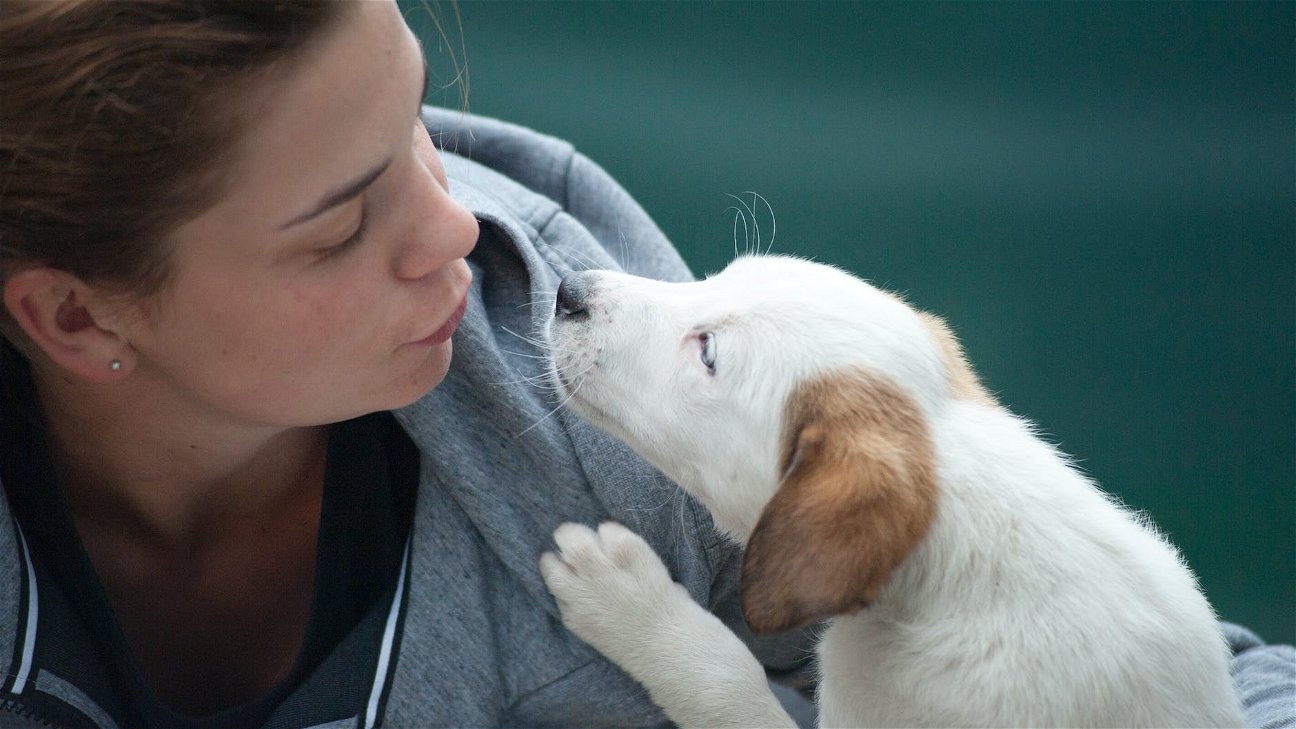
As pets age, they experience changes that can be challenging both for them and for their owners. Recognizing these changes, understanding their implications, and taking proactive measures can make these golden years healthy, comfortable, and joyful. This article is designed to be your guide through these stages, focusing on health issues, diet, exercise, and the mental health of your aging companions.
Recognizing Signs of Aging in Pets
Pets age at different rates based on their size and species. For instance, dogs are generally considered senior between 7 and 10 years, while cats reach this milestone around 10 to 12 years. Here are some common signs indicating your pet is getting old:
- Change in appetite or weight
- Decreased activity or lethargy
- Behavioral changes, including increased anxiety or confusion
- Changes in hair coat, such as graying or hair loss
- Increased thirst and urination
- Dental issues or bad breath
Remember, regular veterinary visits are crucial as your pet ages, as they can help detect issues before they become severe.
Health Issues in Senior Pets
As pets age, they may develop a variety of health conditions. Some of the most common include arthritis, obesity, diabetes, kidney disease, dental disease, and cancer. Veterinary care for senior pets often includes preventive measures and treatments for these conditions.
Diet for Aging Pets
Proper nutrition is key in maintaining the health and vitality of senior pets. They may need fewer calories, but more high-quality protein and certain nutrients. Some pets may benefit from a diet formulated specifically for seniors, with adjustments made for any health issues your pet may have.
Exercise for Senior Pets
While senior pets may not have the energy they once did, exercise remains essential for their wellbeing. Regular, gentle exercise can help keep your pet healthy, manage weight, and improve mental health.
Mental Health of Aging Pets
Just like humans, pets can experience cognitive decline as they age. Enrichment activities, social interaction, and mental stimulation can help mitigate these effects and keep your pet's mind sharp.
Living with Senior Pets
Living with aging pets requires patience and understanding. They may have accidents in the house, become more anxious, or exhibit other behavioral changes. Providing a safe, comfortable environment and maintaining a routine can help your pet feel secure and loved.
Specialty Care for Aging Pets
As pets age, they may require special care, including senior-friendly pet gear, grooming, dental care, and more. Here's a table summarizing some of the specialty care your aging pet might need:
To conclude, aging is a natural and inevitable part of a pet’s life. Your role as a pet owner is to make these years as comfortable and enriching as possible for your pet. By understanding and addressing their unique needs and health issues, you can ensure their golden years are truly golden.











